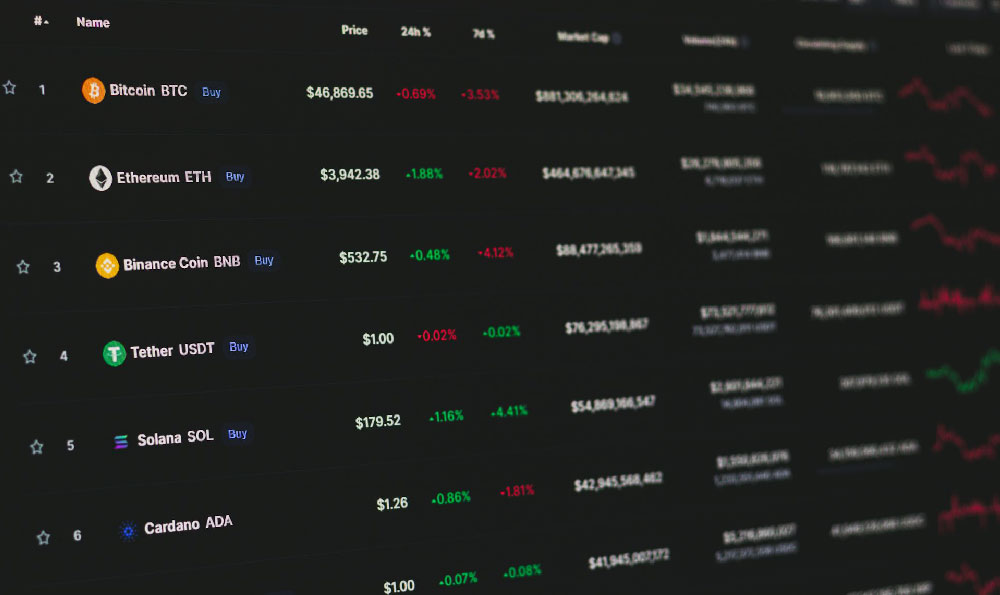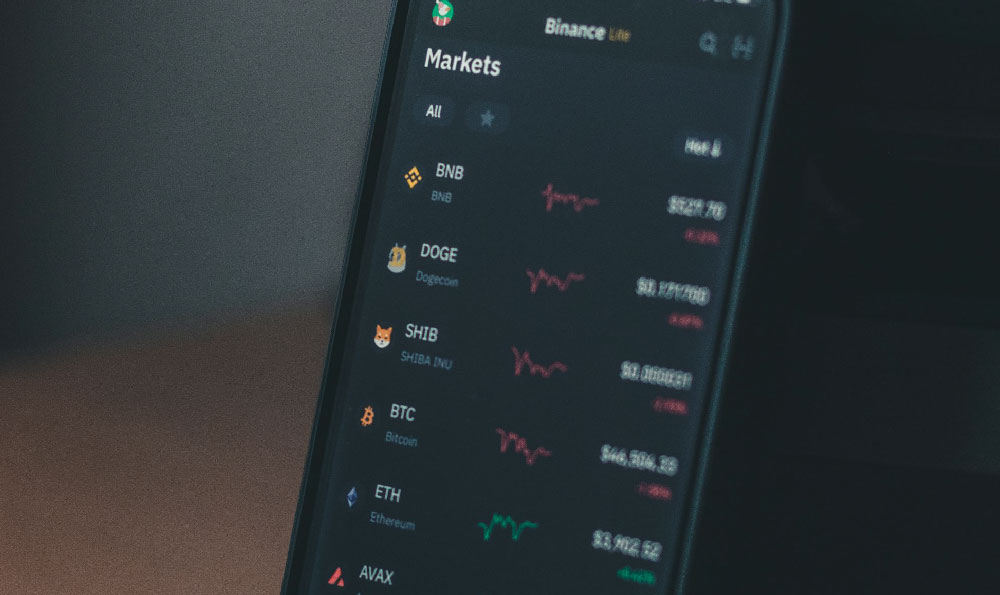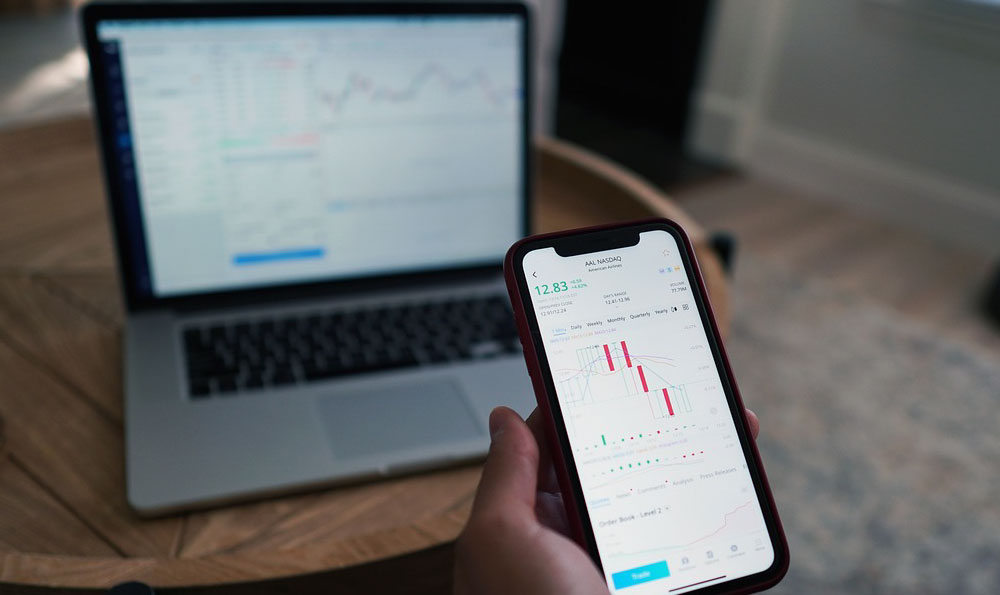Forex trading, the global market for currency exchange, offers unique opportunities for individuals seeking to generate income through financial markets. While the potential for profit is undeniable, success in this arena requires more than just understanding how currency pairs move. It demands a strategic approach, disciplined execution, and a deep comprehension of the market's intricacies. Whether you're an experienced trader or a novice exploring investment avenues, developing a solid framework for profit is essential. This article delves into the multifaceted world of forex trading, examining both the challenges and the opportunities that come with it, while also highlighting effective strategies that can enhance profitability.
The forex market operates 24 hours a day, five days a week, driven by the continuous interplay of global economic events, political developments, and market sentiment. This round-the-clock operation allows for greater flexibility in trading, but it also introduces complexities that can overwhelm new participants. Unlike stock trading, where markets close, forex trading offers the advantage of constant availability, though this comes with the need for heightened vigilance. To navigate this dynamic environment, traders must prioritize education, ensuring they grasp fundamental concepts such as leverage, margin, and pip values. These elements form the backbone of any forex strategy, as they directly influence risk management and return potential.
Profitability in forex trading often hinges on identifying patterns and making informed decisions based on technical and fundamental analysis. Technical analysis relies on historical price data and chart patterns to predict future movements, while fundamental analysis examines economic indicators, interest rates, and geopolitical events. A well-rounded approach typically combines both methodologies, allowing traders to leverage statistical trends alongside real-world economic factors. However, success is not solely dependent on analysis; it also requires emotional discipline. The psychological aspects of trading, such as fear, greed, and impatience, can significantly impact decision-making. Traders who can maintain a calm mindset and stick to their strategies are more likely to achieve consistent results.

Risk management is a cornerstone of profitable forex trading. Without proper risk control, even the most promising strategies can lead to substantial losses. Effective risk management involves setting clear stop-loss and take-profit levels, diversifying trades across different currency pairs, and avoiding over-leveraging. Many traders overlook the importance of position sizing, but this is critical in mitigating risk. For example, allocating a specific percentage of your trading capital to each position can prevent catastrophic losses in case of adverse market movements. Additionally, using stop-loss orders to automatically exit trades when certain conditions are met can protect profits and prevent emotional decision-making during volatile periods.
The choice of trading strategy is another pivotal factor in achieving profitability. Some traders prefer the short-term allure of scalping, which involves making numerous small trades to accumulate profits. Others opt for swing trading, holding positions for several days to capitalize on broader market trends. Long-term investing in forex, often referred to as position trading, focuses on major economic shifts and can be suitable for those with a patient and strategic approach. Each strategy has its own set of advantages and challenges, and traders must align their approach with their financial goals, risk tolerance, and available time. For instance, scalping requires constant monitoring and quick decision-making, which may not be feasible for everyone.
In the realm of forex trading, tools and resources can play a significant role in optimizing strategies. Advanced platforms offer real-time data, analytical tools, and customizable indicators that can enhance decision-making. Additionally, staying informed about economic calendars and news releases is crucial, as these can trigger rapid market movements. Traders who regularly analysis market trends and adjust their strategies accordingly are better equipped to navigate uncertainty and capitalize on opportunities. However, it's important to note that no tool can guarantee success, and the effectiveness of strategies ultimately depends on the trader's ability to apply them consistently.
The allure of forex trading lies in its potential for substantial returns, but this comes with the inherent risks of financial markets. Traders who approach the market with a clear understanding of their goals, a well-defined strategy, and a commitment to risk management are more likely to achieve profitability. Moreover, continuous learning and adaptation are essential, as market conditions are ever-changing. Whether you're employing technical analysis, fundamental insights, or a combination of both, the key to success lies in patience, discipline, and a long-term perspective. By mastering these elements, traders can position themselves for sustainable gains in the complex world of currency exchange.












